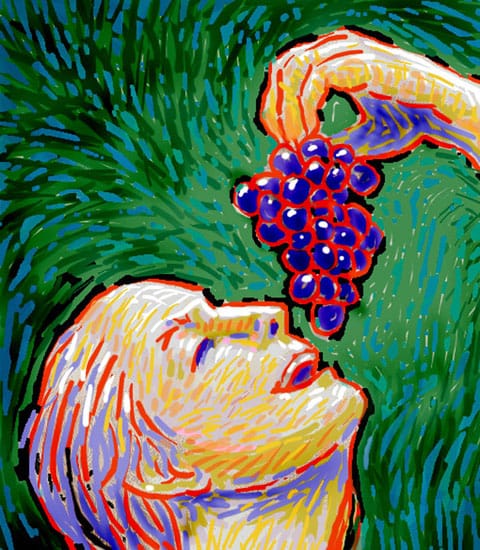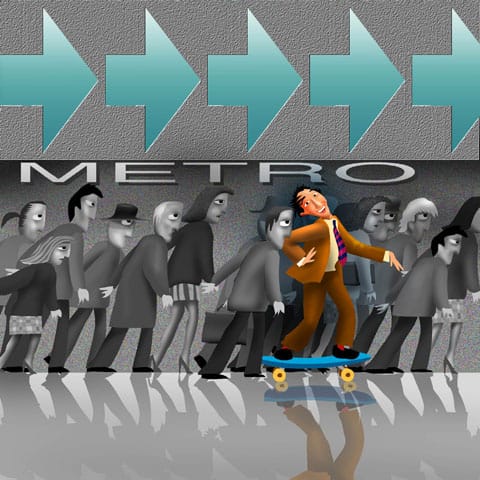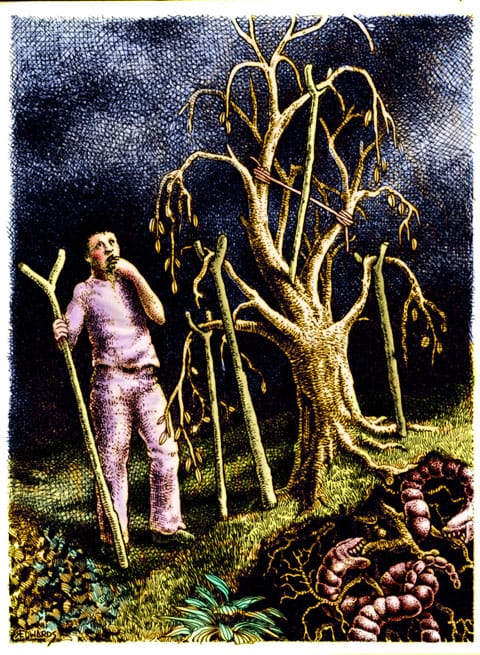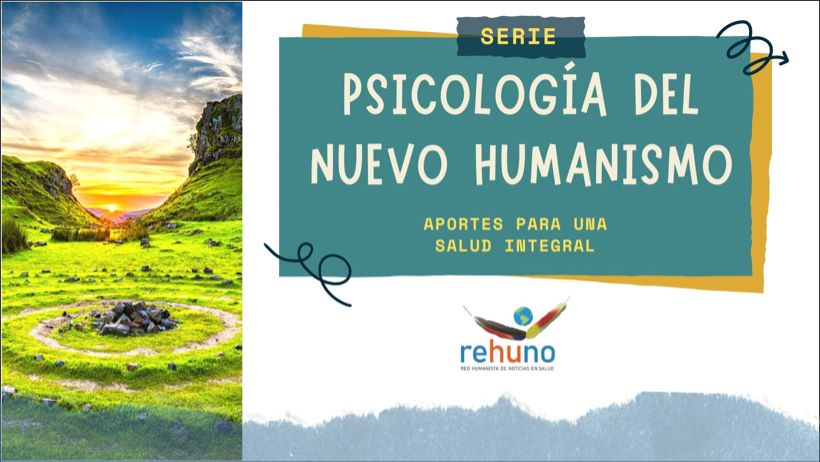From the Humanist Health News Network REHUNO Health we are launching a place of exchange where we find a new look at everyday life based on experiential and existential psychology (the Psychology of New Humanism), and which gives some concrete proposals for personal work to reach a full meaning of our existence and a life free of unnecessary suffering. It is not, therefore, a therapeutic psychology or one that deals with any pathology, but is aimed at anyone who wants to understand themselves and to have the tools, if they so wish, to initiate a positive change in their lives. Psychological wellbeing is undoubtedly one of the foundations of integral health, which is why it is an aspect that needs to be addressed.
We invite you to put these proposals into practice and also to contact us and tell us about your experience. Write to us!
By Jordi Jiménez
We continue with the series started in the previous article and we present another 4 principles that serve as references in the search for a coherent life, or in other words, in the search for happiness.
If day and night, summer and winter are right for you, you have overcome contradictions (the principle of conformity).’

Normally difficult situations cause us to desire their antagonist in a compensatory way. For example, if we are suffering from excessive heat we tend to think and wish for the cold of winter, but when the rigours of winter arrive, we long for the warmth of summer. In both cases compensation is at work, but this does not overcome the contradiction. However, if someone believes that his life has a greater purpose that is above the passing circumstances and that this purpose is to learn without limit and to discover the thread of unity, he will tend to see everything that happens to him as an opportunity for learning and improvement in this direction. Difficulties, therefore, will not be compensatorily avoided, but will be discovered as another key to learning. The cold and the heat will be useful to my purpose, the difficulties will be useful to my path, because they will all be teaching me something. If I can see and feel it this way, I will have advanced in the search for coherence.
If you pursue pleasure, you chain yourself to suffering, but as long as you do not harm your health, enjoy without inhibition when the opportunity presents itself (pleasure principle).

There are several points to make with this principle. On the one hand, pursuing pleasure is not the same as enjoying it when it presents itself. This has led to great confusion in religions and in the cultural codes derived from them. The pursuit of pleasure, or anything else for that matter, arises from a possessive tension (another day on this subject) and causes entanglement and contradiction. So in ancient times it was thought that all kinds of pleasures were to be avoided, because they chained us. But it is not the pleasure itself that provokes contradiction, but the fact of pursuing it possessively. There is a big difference. In the next principle we give another turn to the issue of chasing things.
So that’s another point: when we encounter a pleasurable situation, when it arises or comes naturally, it is entirely consistent to enjoy that pleasure and to feel it as it comes. That’s what is meant by “uninhibited enjoyment when the opportunity presents itself”. And here it is “uninhibited” that invites a break with ancient morals that either did not understand that difference, or over time distorted the original teachings due to interests unrelated to the liberation of consciousness. To enjoy pleasure without inhibition and, moreover, to do so without problems of conscience, which in the end would also leave us with a record of contradiction. Without inhibition and without questioning… when it arises.
Another issue to bear in mind is that there are situations in which we do have to inhibit the enjoyment of pleasure, even if it presents itself, and these are the ones that are detrimental to our own health. If in order to feel pleasure we destroy or deteriorate the body with harmful activities (for example, with substances or risky activities) we are falling into a new contradiction that makes health and pleasure oppose each other, go in opposite directions.
And finally, it should be noted that, although not mentioned in this principle, it is obvious that any activity that involves mistreatment or pain for others, however pleasurable it may seem, should also be ignored because of the serious contradictions it would provoke in oneself and, of course, because of the suffering it would provoke in others. These principles cannot be treated in isolation from each other.
If you pursue an end, you chain yourself. If everything you do is done as if it were an end in itself, you free yourself (the principle of immediate action).

We return to the theme of pursuit, but now applied to any object. It is not said here that there can be no goals or aims in our activities, for without them we would not be able to move forward or would do so in an errant or chaotic manner. What is meant is that given a goal we can derive multiple learnings from all the intermediate steps that have to be taken to reach that goal. In other words, the goal is important, but the path taken is equally important. To pursue the end is to forget the road to be travelled, it is to be blinded by the result, it is to possessively desire to reach that goal at any price and to sow the road to it with contradictions and unnecessary suffering. To do everything as if it were an end in itself is to find a gift in every step we take, to find a lesson, to find the meaning that lies in every moment of that path. If we feel that everything we do has a meaning within a greater purpose, we are liberated.
You will make your conflicts disappear when you understand them at their ultimate root, not when you want to solve them (principle of understood action).

This is a very nice principle as it has a, let’s say, counter-intuitive character. It must be said that a conflict does not disappear precisely when you want to resolve it, it is controversial. However, this is what usually happens. Almost all of us, when faced with a difficult or conflictive situation, moved by our anxiety, tend to rush to solve it without understanding it well or in depth. With such improvisation, what we achieve is to make things worse and to keep on going blindly in a chain where the conflict becomes endless. What the principle does is to invite us to understand situations at their root. See how it got there (its process), see what it is connected to (its relationships) and see what elements are participating in it (its composition). With a good map of the situation, solutions will become more evident.
So much for the second set of principles. In the next article we will explain the last 4 to finish this topic.
If you want to discuss the subject, you can write to us at rehuno.salud@gmail.com










